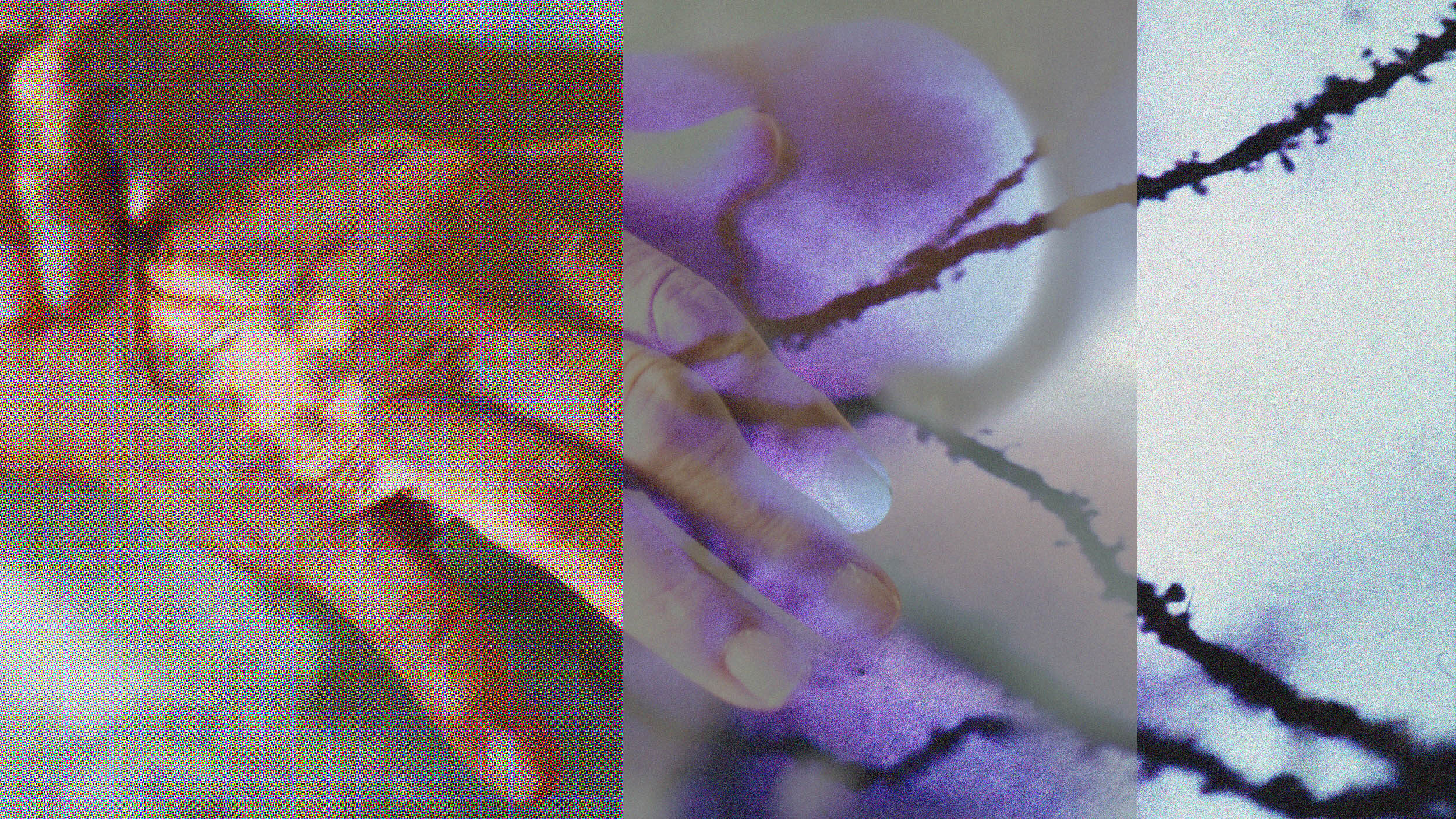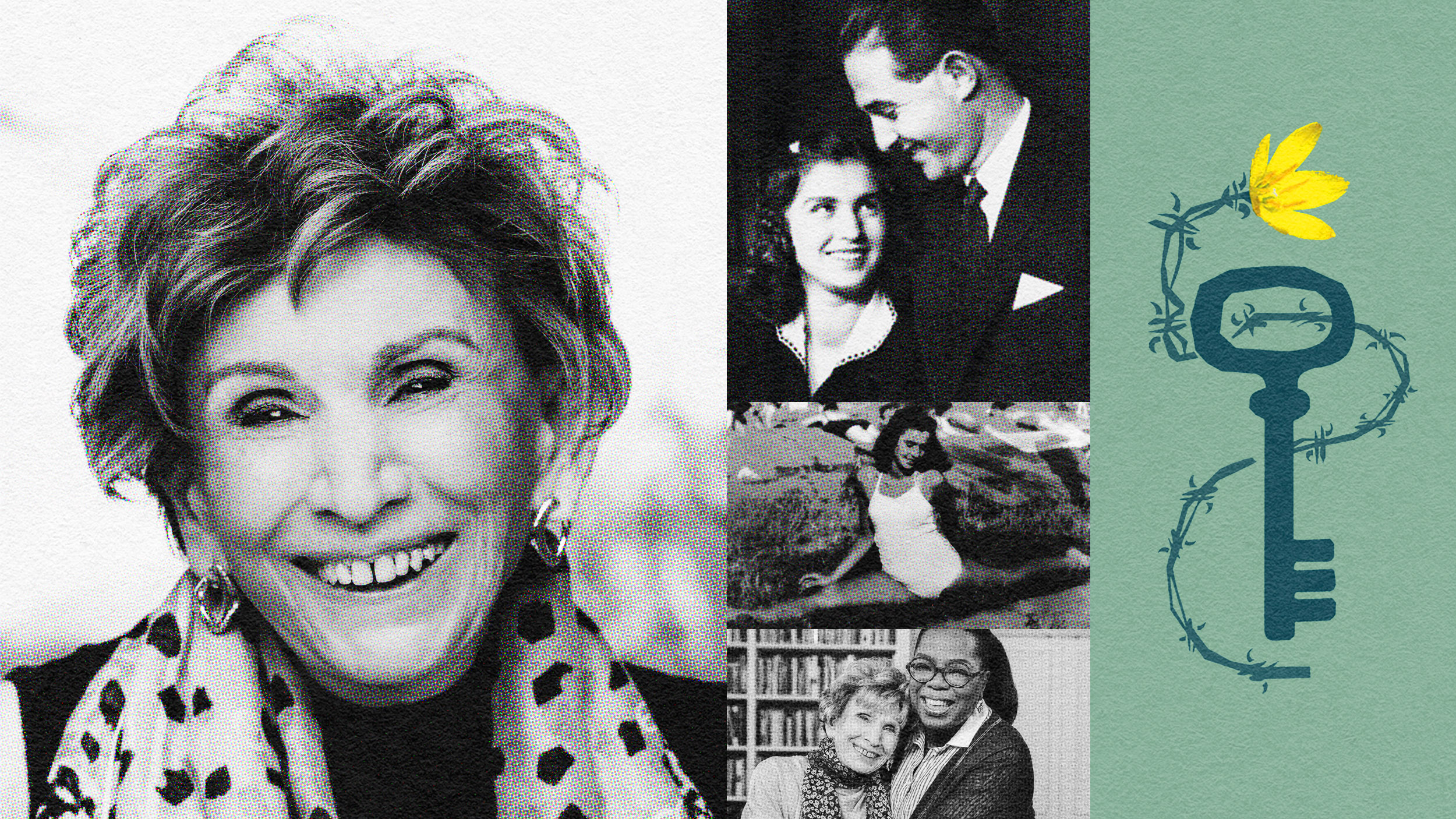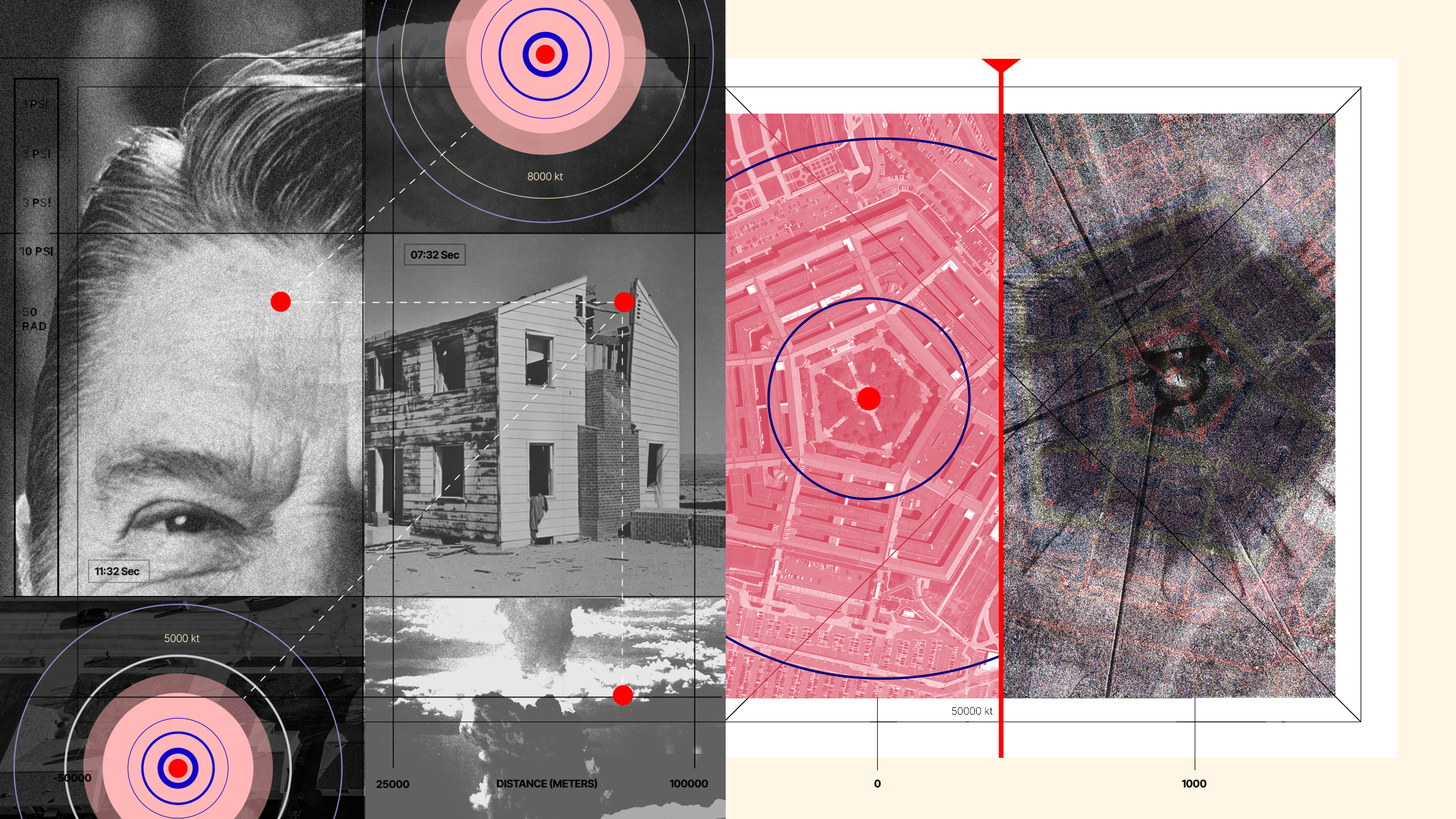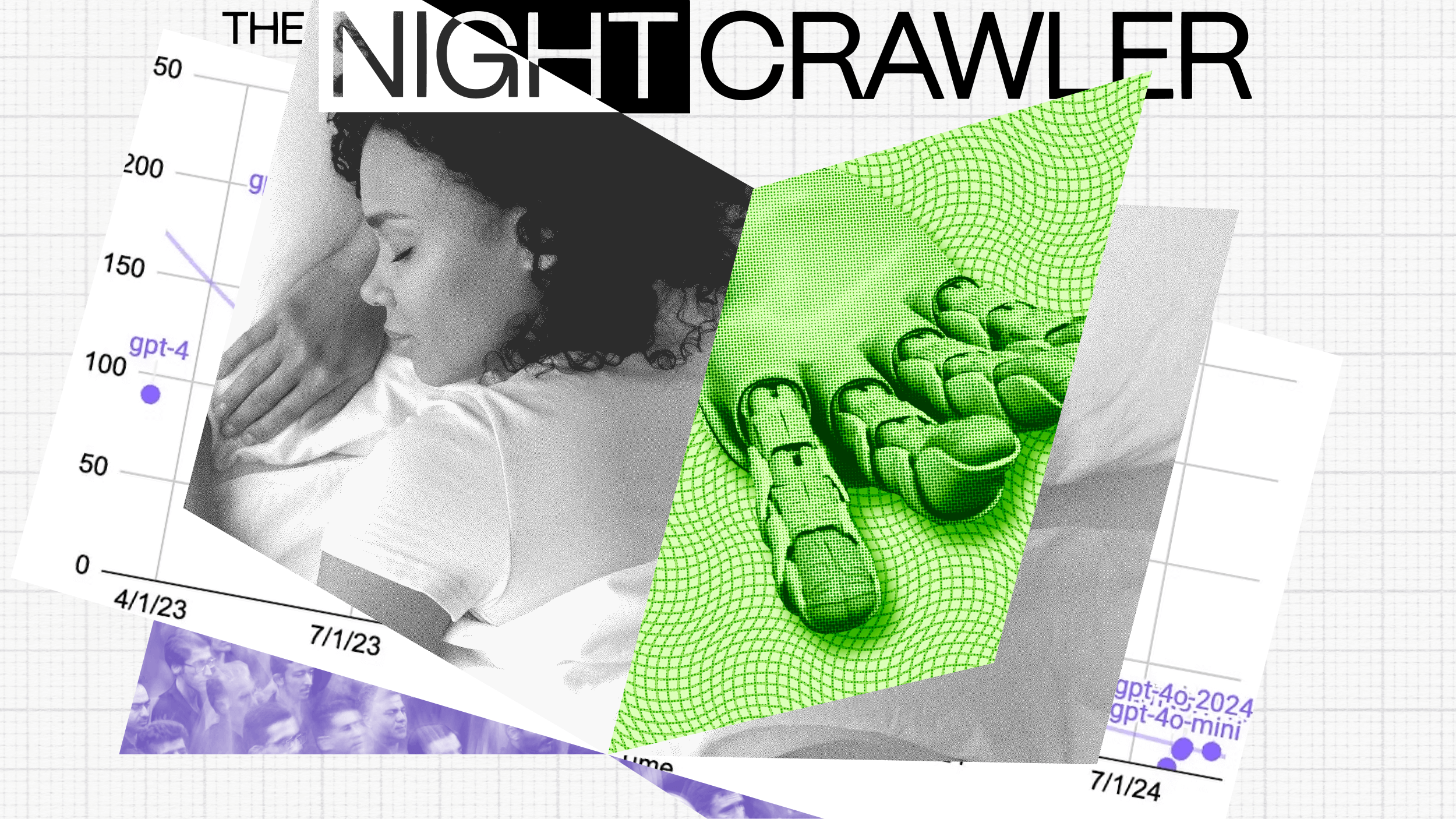Brian Henson’s latest show is derived from early memories of watching his dad off-set with the Muppets.
Question:rnWhere did the idea for "Stuffed and Unstrung" come from?
rnrnBrian Henson: “Stuffed and Unstrung” started as a workshop, rnactually—classes within our company. Wernfound that our puppeteers were not ad libbing as well as traditionally, rnJimrnHenson Company puppeteers have. rnWe’re sort of famous for going off script a little bit and adrnlibbing. And we kind of lost a lotrnof that and puppeteers were sticking to the script and we thought rneverythingrnneeded to get a lot funnier, so we thought we would go to a good improv rncomedyrninstructor. Patrick Bristrow is who we decided to invite over to talk rnaboutrntraining our puppeteers in improv comedy, to get them off of script and rngetrnthem thinking about character development and sharpening up their rncomedy.
rnrnAndrn thatrnstarted about four years ago now and it was just a workshop. The puppeteers really responded tornit. Patrick Bristrow really respondedrnto it. It’s great fun to do improve comedy with puppets. rn And Patrick thought we should try tornput an audience in front of one of the workshops, basically in front of rnthernclass and see how the performers rose to having an audience there, rnbecause he said,rn“You know, it’s a really interesting test, because sometimes it gets rnevenrnfunnier.” And, so, I thought, well,rnif we’re inviting an audience, let’s do it right. Sorn I put in a proper studio audience at our studios in LosrnAngeles and it was just a little showcase and it was just for fun. But there was a producer from the AspenrnComedy Festival who happened to be there, as a friend of a friend, and rnshernsaid, “I’d like to book you into the Aspen Comedy Festival,” and we rnsaid,rn“Well, there isn’t really a show to book in, this is just a little rnshowcase andrnit’s really our workshop.” And shernsaid, “No, it’s great, I love it, just do exactly what you did.”
rnrnSorn we took arnshow to the Aspen Comedy Festival, called “Puppet Up” at that point, andrn inrnAspen we just did three shows, and in Aspen, there was a producer from rnthernEdinborough Fringe Festival, who said, “Please come to Edinborough,” so rnwe sentrna troupe to Edinborough, and then in Edinborough there was a producer rnfrom thernMelbourne Comedy Festival, so we went to Melbourne. Sorn it’s one of these shows that kind of organicallyrndeveloped and it started developing momentum way before I even thought rntherernwas a show here.
rnrnAndrn then, afterrnthe success at Melbourne Comedy Festival, then we regrouped back in LA rnand wernwent back into workshopping and decided to develop a proper show and rnthat’srnwhen we started working on “Stuffed and Unstrung,” which is a much rnbigger andrnsharper version of “Puppet Up.” rnAnd we wanted to premiere it in New York, because New York is rnsort ofrnthe home of the Jim Henson Company and it’s sort of the tone and flavor,rnalways, of the puppet work that we’ve done traditionally. rn And that’s what brought us here and nowrnwe’re here.
rnrnQuestion:rnWhat’s the biggest challenge when it comes to puppet improvisation?
rnrnBrian Henson: Well, it’s kindrnof fun. It’s, I think it’s a lotrnricher than what we call fleshy improv—I think it’s very funny, puppet rnimprovrnand fleshy improv. First of all, you’re improvising through a puppet, sorn you’rernnot always yourself: you’re a cow or you’re a pig or you’re an old rnwoman, yournknow, whatever puppet you pick, or you’re a demon, you know, whatever rnyou pickrnup, that’s what you get to be in the scene. And rnthat adds a whole liberating energy to the show and tornthe comedy. You can get a lot morernoutrageous and a little crazier.
rnrnInrn many ways... Irnthink it’s easier in some ways, or it’s more entertaining or more rnguaranteed tornbe entertaining than traditional improvising. Again,rn because you’re not just you in your body. A rnpuppet that starts to improvise badlyrnis almost funnier than the puppet that’s improvising well. rn So the show gets better when thernimprovising is really good, but also the show can also sometimes get rnbetterrnwhen the improvising sort of goes a little wrong and that’s sort of a rnblessingrnto improvising with puppets.
rnrnThern challengernis, well, there’s a huge challenge, which is when you’re improvising, rnyou’rernmeant to sort of clear your mind completely, just be open and funny, andrnpaying, you know, paying attention. rnAnd with puppets, especially in our company, we sort of demand a rnveryrnhigh standard of puppetry, so it’s a real technical skill. rn So while you’re trying to improvise,rnyou’re also trying to puppeteer, you’re doing everything that you need rnto do tornperform a puppet in our style, for a camera.
rnrnSorn that’s thernchallenge, you have a big technical aspect of what you’re doing whilst rnyou’rerncreatively trying to improvise. rnAnd I’d say that that is a challenge, but it also is, again, it’srnhelpful. It’s helpful to have therndiscipline of, okay, I’m doing, I’m doing something that’s quite precisern overrnhere, working the puppet, and I’m doing something that’s very imprecise rnandrncreative and unleashed over here, which is the comedy side. And it’s kind of nice to allow your brainrnto be doing those two things at once.
rnrnQuestion:rnDo you get nervous before shows?
rnrnBrian Henson: It’s actually good whenrn the performers are nervous, becausernit kind of sharpens up your brain and a little bit of adrenaline is rngood. Initially it’s really tough. rn I think initially it’s terrifyingrnbecause going into a show where, you know, “Oh, I’m going to be on stagern forrntwo hours, I have no lines to memorize, I have nothing really prepared,”rn andrnactually I say that, the show is not all improvising. Thern show is probably 60 percent improvising and 40 percent not. So there’s quite a bit of it that we dornhave prepared and that part of it, you have memorized and you’ve rnrehearsed andrnyou’re prepared, just like any show. But the rnfact that most of the show you can’t bernprepared for, you have no idea really what’s coming is initially very rnnervernwracking, by now, it’s kind of fun. rnYou get used to it, you look forward to the adrenaline of the rnstagernfright before you go out.
rnrnQuestion:rnDoes the show's raunchiness contrast with the other puppet shows you'vernproduced?
rnrnBrian Henson: This is certainly the raunchiest, if you use that rnword,rnraunchy. The roots of Jim Henson, though, was adult comedy. The first show that my dad and my momrndid together was for, was a comedy series, a short form that went in thern middlernof late-night news, and then through all of their career, it was always rnthe “EdrnSullivan Show,” it was a variety act, my dad was on the “Jimmy Dean rnShow” for arnfew years. It was actually what myrndad did and with the Muppets, the years with the Muppets, it was really rnallrntargeted to adults. It was in arntime when everything had to be safe for the whole family. rn But he was targeting adults.
rnrn“Sesamern Street”rnwas really the first kids show that my dad did. Hern did a couple of TV specials that were targeted for kidsrnbefore “Sesame Street,” but really, it was, it’s kind of going back to rnourrnroots, when we start to get adult. rnThis show gets very adult sometimes, and that’s because of thernaudience. There’s an awful lot ofrnscenes where we don’t know what the scene’s going to be about, we ask rnthernaudience, pick a place that the scene is happening, pick the rnrelationship, tellrnus who they are, things like that. rnAnd if the audience is in a kind of naughty, raunchy mood, then rnthey’rerngoing to make naughty, raunchy suggestions and then we take them and we rndo thernscene anyway, and that’s part of the fun. rnWe try to keep it a classy show, but it certainly is blue at rntimes. And it all depends on the audience,rnsometimes we’ve have audiences that don’t really want us to go too far rnin thatrndirection.
rnrnQuestion:rnWhat would your dad say if he saw the show?
rnrnBrian Henson: I think hernwould love it. Really, initiallyrnwhat I very quickly realized that I was loving about the show was... rnbecause itrnreminded me of when I was a kid and I would visit the sets where my dad rnwasrnshooting with the other puppeteers. rnAnd one of the funnest things was watching what they did before rntherndirector called action and after the director called cut. rn And they’d keep their hands in thernpuppets, they’d stay in character, and then they’d start goofing around rnwithrneach other and be off of script, and it would get quite blue. And it was a whole lot of fun, and inrnmany ways what we’ve done with the show is just taken that part of my rnearlyrnmemories of visiting my dad, shooting with the Muppets, and taking that rnandrnmaking a show that’s really an expansion of that, and presenting a show rnthat’srnall that. And that was always myrnfather’s favorite part about shooting as well. Often,rn my dad would shoot very, very late. He was quite arnworkaholic. They would do 20, 20-hour shoots and stuff like that. And he could be on a set at 2:30 in thernmorning where all the puppeteers were just laughing so hysterically at rneachrnother that they can’t actually do the scene, and they’d have to wait rnuntil,rnuntil they’d gotten themselves back under control to do the scene.
rnrnAndrn again,rnwe’re kind of trying to be in that place, that’s just so absurd and rnirreverentrnand hysterical and it’s something that at our company we’re kind of, rnwe’re sornirreverent about everything, we’re sort of irreverent about the rnestablishment,rnwe’re irreverent about civilization, we’re irreverent about philosophy, rnwe’rernirreverent about religion. We’rernalso irreverent, we have an irreverent attitude towards puppets, as rnwell. So a lot of what we do is we’re kind ofrnmaking fun of the puppets for being puppets, even while we’re doing it. And again, that all feeds into thernabsurdity of this show.
rnrnInrn the show, wernhave recreated two sketches that my dad had, or pieces that my dad hadrndeveloped. One that he hadrndeveloped with my mother, one that Frank Oz had developed with my dad. And these are old pieces from the ‘50’srnand ‘60’s, and we’re going to develop more, too. Sorn they’ll be others of those. So it’s sprinkled inrn there as a spice into the show. It’s really rngreat to do one piece, “I’vernGrown Accustomed To Your Face,” my dad developed in 1956, when he was 20rn yearsrnold, and it’s great to do that piece again now and see that it still rnreallyrnworks as well as it ever did.
rnrnQuestion:rnWhat’s that sketch about?
rnrnBrian Henson: Oh, well, Irncan’t tell you; it would be telling you the end. It’srn a one-character lip-syncing—because in the early days,rnthat’s what my dad was doing. Myrndad and mom were, they would take what were popular hits, and lip-sync rnto themrnwith puppets and do a ridiculous story. rnSo it’s Rosemary Clooney—Rosemary? rnRosemary Clooney, right? rnThe singer? Yes. Clooney—doing,rn singing, “I’ve Grown AccustomedrnTo Your Face,” which is, you know, really a love song, but what we see rnon stagernis we see one puppet that’s got a ridiculous blond wig on and she looksrnridiculous, and next to her is a head that’s just a piece of fabric withrn arnpretty face on it. And then whilernshe’s lip-syncing, “I’ve Grown Accustomed To Your Face,” to this little rnheadrnnext to her, the head eats the cloth fabric and swallows it and it’s rnsort ofrnthis weird, demonic character there, who then tries to eat the singer. But it’s a lot of fun. So rnthere’s a couple of pieces likernthat.
Recorded on April 8, 2010





